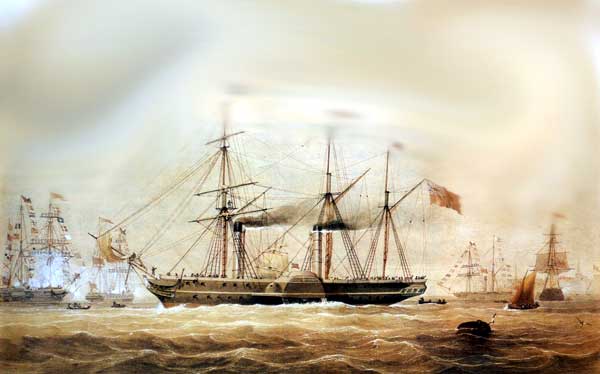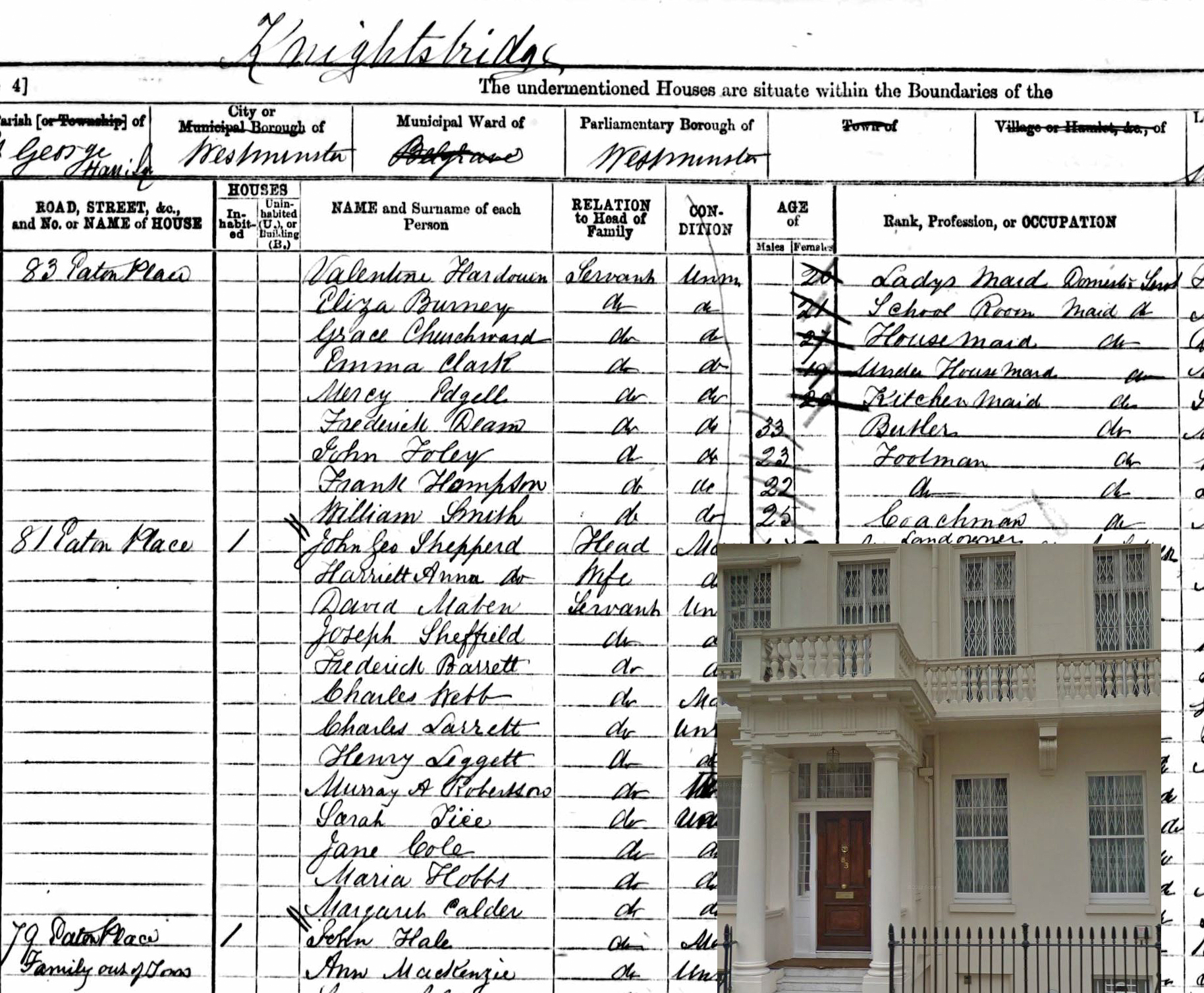
Since auction websites like eBay entered the online arena the success of moneymaking ventures by some has in a way caused serious social and devastating historic damage.
I am referring here to the thousands who have unwittingly taken advantage of these websites by selling off literally tons of “family junk”, “rubbish from the attic” and the whole category referred to as “paper and ephemera”.
Don’t get me wrong, a tremendous amount of historic material can be derived from sellers, some of whom go to the trouble to explain to the unwitting bidder or purchaser a little bit of history or background behind the purchase.
Unfortunately a tremendous amount of socially important material is being sold off without a care in the world either to historical value or to the now deceased lives of the people attached to the archive who now, unless there is a miracle, will remain utterly anonymous. They become the “unknown”.
At the moment some would think this is not an emergency for historians. But in a few years down the line the tons of valuable material and nameless photographs will dry up and the prices of such material will quickly inflate.
These irresponsible and carefree sellers who even break up anonymous archive into little pieces as separate items are causing huge damage to our history. But on a more personal note they are removing, or further eradicating, the identity of the people connected to it who originally owned the material.
Dealers and sellers might well pass the buck and blame the dealer and seller they purchased from and so on – so this must stop at the root. Please!
Little is being written about this at the moment. Sellers and dealers have nothing to say on the issue and I have seen very little written or broadcast by historians or even archivists bemoaning this problem.
As an amateur historian and someone passionate about modern and not so modern history I am finding this problem increasingly distressing. I no longer purchase pictures, general archive or any ephemera that does not bear a name or identity. It disturbs me too much to own a picture or photograph without knowing the identity of the person or the family. It takes away the interest factor of researching a person and getting to know him or her a little better. I end up with an image of a long gone person, who led a life, probably had a family and even a story – and so because of the reckless behaviour of the living I end up with an image, tragically in my view, of the “unknown person”. In the bigger picture I find this insulting for the memory of the person and so deeply sad that the people who wish to make money out of history do not seem to care about the objective.
The image above is of two of three pictures that I recently purchased from eBay. I wanted to own some images in relation to the First World War that I could use for a project that is currently under way involving my news research that I conduct voluntarily. With the centenary of the Great War just around the corner these images were going to form the basis of some simple and basic artwork. But I wanted to be in a position to be able to identify the person who will be the “face” of my little project. After extensive research I could not actually find what I was looking for. So unwittingly this young man will become an “unknown Tommy” for my project. If I was able to identify him, to follow his story throughout this tragic war and the outcome for this unknown person I would have felt a lot happier. However I do feel content that I have saved his image from either being destroyed or lost for ever but sadly the outcome of this is quite naturally somewhat bitter.
I really do believe that something should be done to protect the memories of the “unknown”.
I think we should boycott dealers who break up archive and are causing all this irresponsible destruction. I think we should put pressure on people to be more accountable of the memory of the past and in so doing showing just a little respect of those who were here before us.



